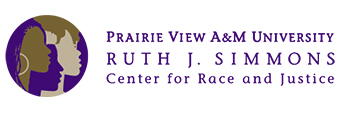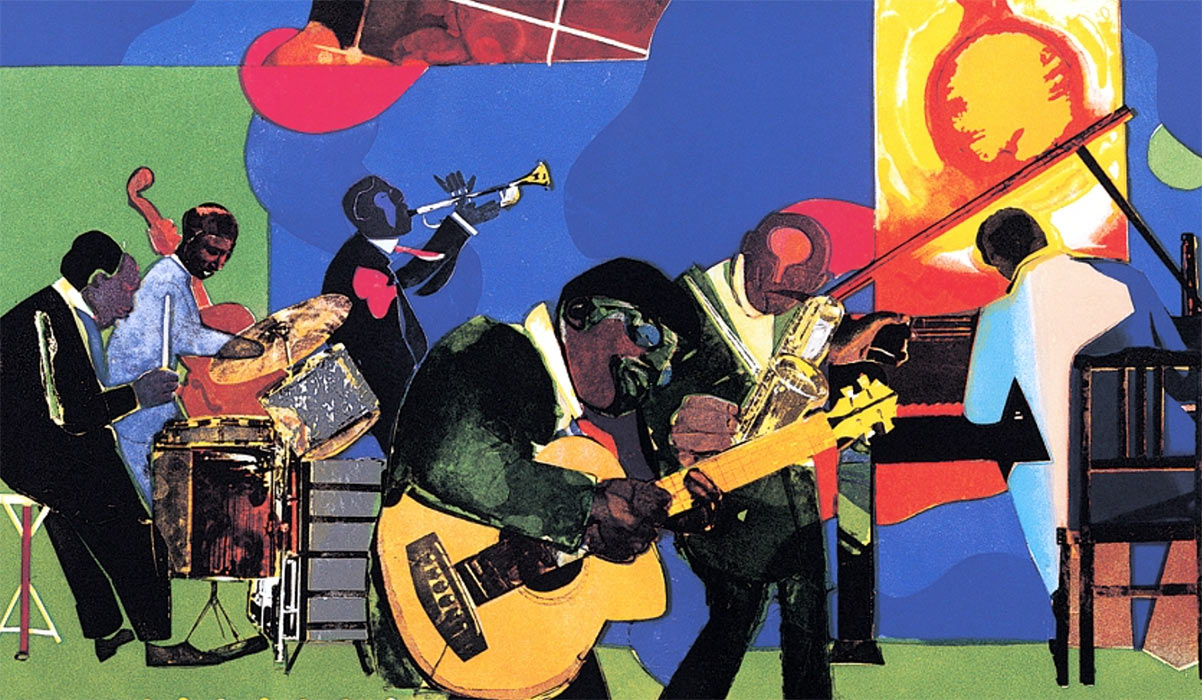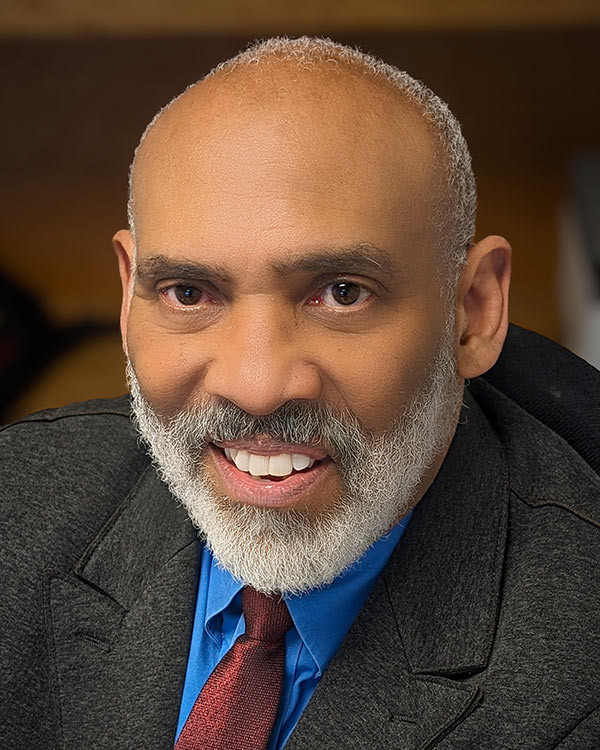page
Art & Soul: Interdisciplinary Approaches to Teaching Black Music and Art in the Humanities Classroom
Teaching African American Studies Summer Institute
July 8–12, 2024 at the National Humanities Center


“But art is not simply works of art; it is the spirit that knows Beauty, that has music in its soul and the color of sunsets in its handkerchiefs; that can dance on a flaming world and make the world dance, too. Such is the soul of the Negro.” –W.E.B. Dubois
Whether through work, worship, advocacy, or celebration, Black music and art have played a vital role in the formation of American identity. Centuries-long movements for emancipation, civil rights, and equality were masterfully chronicled by Black musicians and artists whose contributions were incorporated into the greater narrative of the American experience. Centering the works of Black musicians and artisans in the humanities classroom helps students more fully grasp the indispensability of the African American voice to our national history.
In partnership with the Ruth J. Simmons Center for Race and Justice at Prairie View A&M University, the National Humanities Center is proud to host the 2024 Teaching African American Studies Summer Institute, “Art & Soul: Interdisciplinary Approaches to Teaching Black Music and Art in the Humanities Classroom.” Conceived as a pedagogical response to persistent, race-based inequities, this institute is the last in a three-year collaboration. Open to all K–12 educators, this institute will provide an immersive, hands-on learning experience to better understand the approaches and the historical perspective required to create and teach African American studies. Each day’s sessions will include readings, viewings, and primary source analysis by expert scholars.
Speakers

Dasan Ahanu
Visiting Lecturer, University of North Carolina at Chapel Hill

Naomi André (NHC Fellow, 2022–23)
Professor, University of North Carolina at Chapel Hill

Kris Keys
Design Specialist, University of Tennessee at Martin

Richard J. Powell (NHC Fellow, 1995–96; 2023–24)
Distinguished Professor, Duke University

Mike Wiley
Assistant Research Professor, Duke University

Mary D. Williams
Adjunct Professor, Duke University

Imani Wilson
Director of Media and Culture, TeachRock
Advisors

Dorcas Gyekye
Durham, NC

Merry Lanker
Decatur, IL

Victoria Patch-Williams
Greenbelt, MD
Facilitators

Raven Ferguson
Education Programs Coordinator, National Humanities Center

Marco Robinson
Assistant Director of the Ruth J. Simmons Center for Race and Justice; Associate Professor of History, Prairie View A&M University

Mike Williams
Director of Education Programs, National Humanities Center